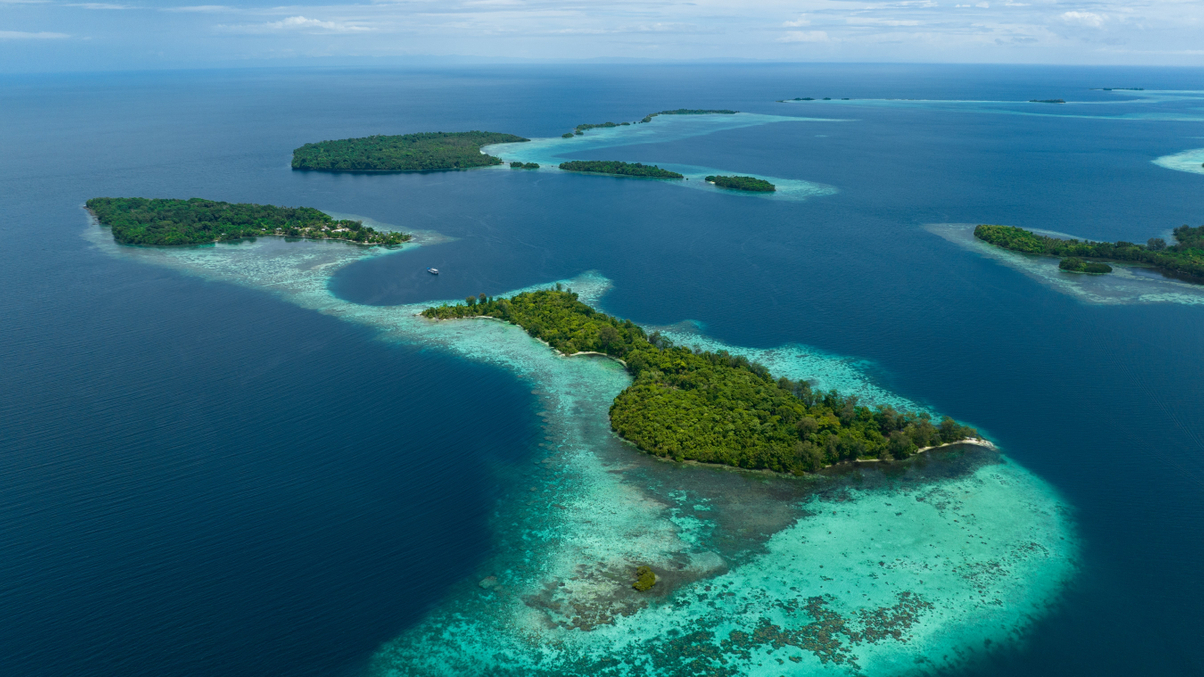Asset owners underinvested in marine conservation projects
Despite growing market interest, asset owners have minimal exposure to businesses and projects driving positive marine conservation impacts due to a lack of scalable opportunities.

Asset owners' exposure to businesses impacting marine conservation remains limited, despite growing sustainable investment interest. Green financing for land-based projects far outpaces availability of dedicated "blue" funds focused on water and marine environments.
Sign in to read on!
Registered users get 2 free articles in 30 days.
Subscribers have full unlimited access to AsianInvestor
Not signed up? New users get 2 free articles per month, plus a 7-day unlimited free trial.
¬ Haymarket Media Limited. All rights reserved.


